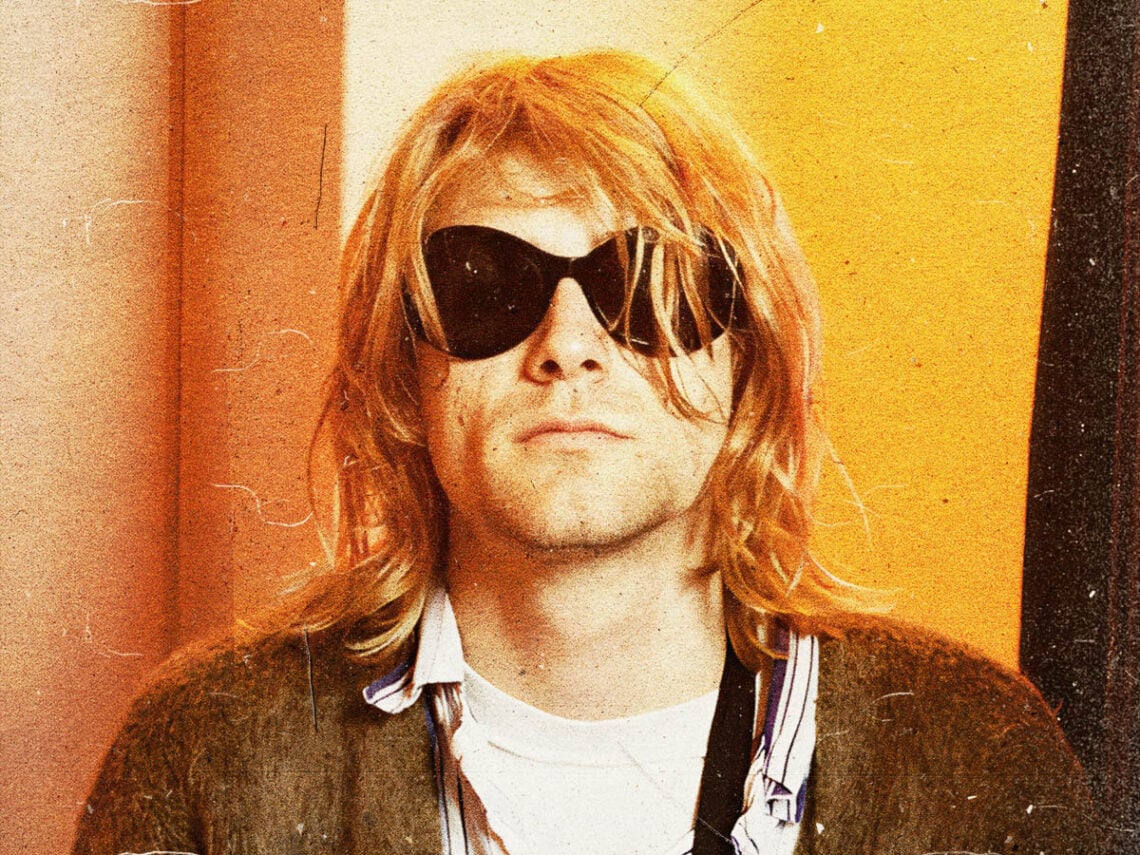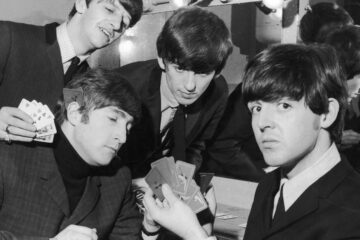The decision to employ Steve Albini for the third Nirvana album was a very conscious choice. The Seattle grunge pioneers had in-house Sub Pop producer and Skin Yard guitarist Jack Endino produce their debut Bleach, but it was Butch Vig and his signature production style that catapulted the group’s second LP, Nevermind, into the mainstream. In the immediate aftermath of Nevermind‘s success, Kurt Cobain began to feel that Vig’s production was too pop-focused.
“Looking back on the production of Nevermind, I’m embarrassed by it now,” Cobain told journalist Michael Azerrad in the 1993 book Come as You Are: The Story of Nirvana. “It’s closer to a Motley Crue record than it is a punk rock record.”
“In retrospect, I think Kurt needed to work with someone like Steve Albini to sort of reclaim his punk ethics or cred,” Big told Billboard in 2011. “When we finished the record, the band loved it. And later Kurt kind of dissed it in the press.”
“But he was just saying that because you can’t really go, ‘Hey, I love our record, and I’m glad it sold 10million copies.’ That’s just not cool to do,” Vig added. “And I think he felt like he wanted to do something more primal. So, working with Steve was good because he basically just records a song. He doesn’t really do any production.”
After a few tentative sessions with Endino, Nirvana were able to lock down Albini as their producer for In Utero. Albini himself has baulked at the term “producer”, preferring to use the term “engineer” instead. It’s his approach to making albums: unvarnished, raw, and meant to reflect a band’s live sound rather than the whims of a “producer”. When Albini was interviewed along with Kris Novoselic and Dave Grohl on Conan O’Brien Needs a Friend, Novoselic explained how Cobain first got the idea to work with Albini.
“It must have been 1989, 1990. We were cruising in this van, and I think we were listening to Surfer Rosa,” Novoselic explained. “Kurt was sitting there in the chair, and he raises his finger and makes a decree. He goes, ‘This shall be our snare sound.’ That’s how we ended up working with Steve [Albini].”
For his part, Albini contended that Vig was “no slouch” and gave Nirvana the sound they were looking for at the time. Albini saw that both he and Vig created their respective production aesthetics by making “budget records for dead broke bands in a short amount of time” and even admitted that there was some “friendly competition” between the two. During the chat with Conan, however, Albini remained effusive in his “respect” for Vig, even as he took Nirvana in a different sonic direction.



